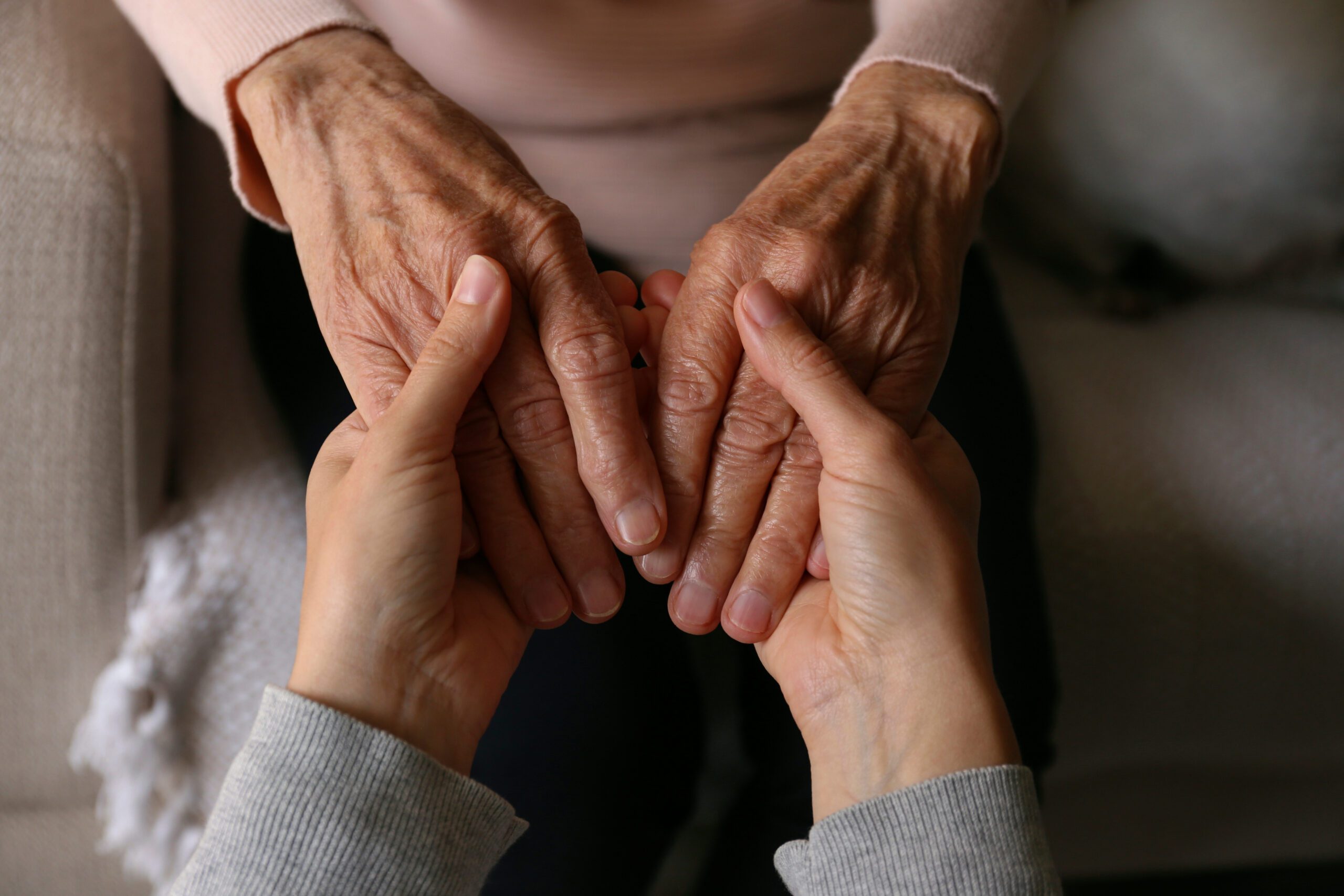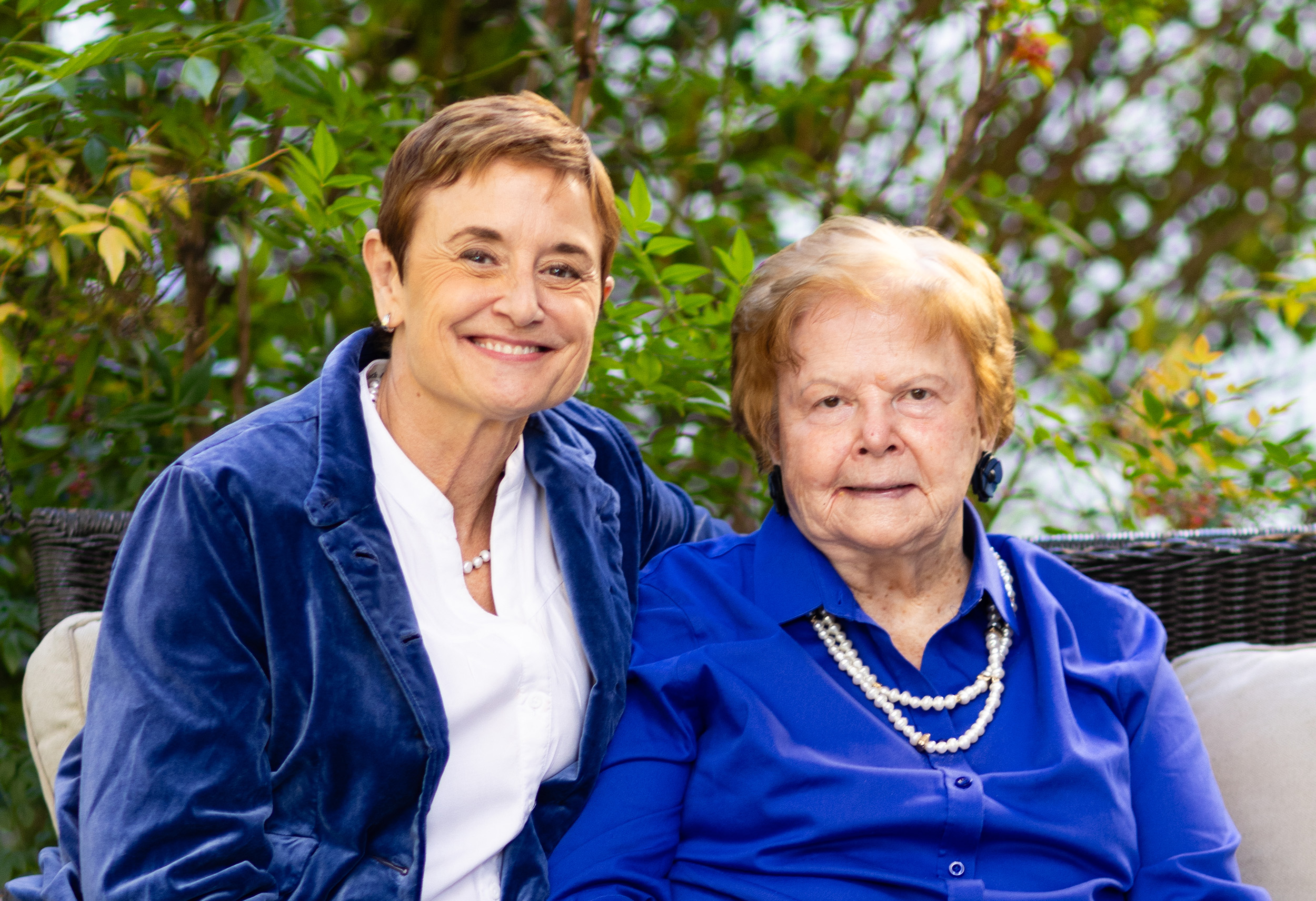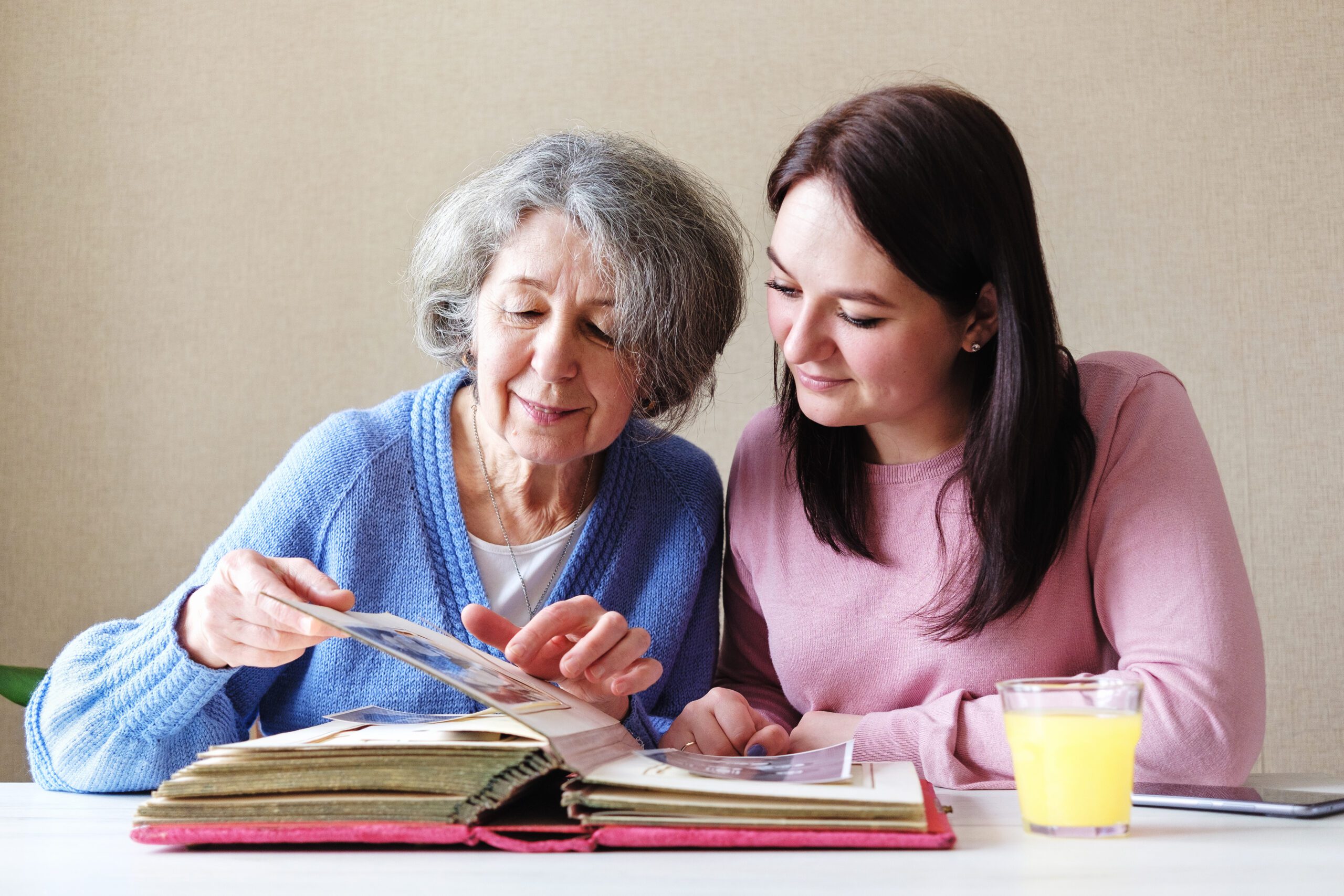The holiday season is a time for families to come together, celebrating the joy of being with loved ones. In many families, adult children and their senior parents may live miles apart, making the holidays a precious opportunity to reunite and cherish each other’s company. During these gatherings, adult children can gain valuable insights into how their aging parents are managing on their own, which can be a pivotal moment to consider discussing senior living options, especially if dementia-related memory loss is a concern.
Initiating this conversation is a vital step in ensuring the safety and well-being of aging loved ones. Identifying early symptoms of Alzheimer’s disease or other forms of dementia is crucial. Here, we’ll explore some of the Red Flags to watch for during holiday visits, as you assess whether your senior loved one may require additional support.
These signs include:
1. Unexplained Weight Changes: Keep an eye out for significant and unexplained weight fluctuations in your aging parent. Sudden weight gain or loss can be indicative of underlying health issues. While it might be related to a poor diet, it can also point to more serious conditions such as depression, cancer, dementia, or gastrointestinal problems. Additionally, conditions like Parkinson’s, arthritis, chronic pain, or fatigue can hinder their ability to prepare healthy meals.
2. Decline in Personal Hygiene: Observe if your parent’s personal hygiene and appearance have deteriorated compared to the past. Changes in personal grooming, body odor, untidy hair, and wearing inappropriate clothing for the time of day or weather can be signs that they are struggling to care for themselves. Stained or soiled clothing is another indicator of this decline.
3. Balance and Mobility Issues: Falls are a significant cause of injuries among seniors, and it’s crucial to assess your aging parent’s balance and mobility. Pay attention to how they move around their home and in public spaces. Do they avoid stairs or spend excessive time seated? When they stand up from a chair, do they appear unsteady or slow to gain their balance? These signs suggest an increased risk of falling. If you notice bumps and bruises, this may be an indication that your loved one is falling but not sharing this information with you.
4. Financial Management Challenges: Another important aspect to consider is your aging parent’s ability to manage their finances. Difficulty handling money, unpaid bills, or a lack of understanding about their financial situation may indicate a need for assistance in this area. If a solicitor calls the house while you are visiting, notice how your loved one handles this conversation. According to the FBI, seniors are less likely to report losing money to fraud. This is supported by figures from the FTC which show that while 44% of younger people aged 20–29 reported losing money to fraud, only 20% of older people ages 70–79 did the same.
5. Memory and Cognitive Changes: Is there expired or spoiled food in the refrigerator? Have you noticed that your senior loved one is forgetting to turn off the stove or oven? If you suspect dementia-related memory loss in your aging parent, watch for signs such as repeating questions, difficulty following conversations, forgetting names, or getting lost in familiar places.
6. Change in Disposition: If your parent, who has always been upbeat and positive, now appears consistently down or easily angered, it may be a sign that something is going on. Paranoia, tearfulness, and withdrawal from favorite hobbies, pastimes and social groups, may also be early indicators of dementia.
7. Neglecting Home Maintenance: In addition to changes in mood, there are subtle signs of struggle that may go unnoticed. Are their stacks of unopened mail, untended plants, expired food in the refrigerator, or baskets filled with dirty laundry. A particularly concerning sign is scorched cookware, which can indicate that a senior is forgetting about food on the stove, posing a serious fire risk and a potential early warning sign for Alzheimer’s.
Recognizing these red flags is a crucial first step in addressing your aging parent’s needs and ensuring their safety and well-being. While it may be challenging to broach the topic of senior living options, doing so during the holiday season, when you are together, can provide the necessary support and understanding needed for this important conversation. Ultimately, the health and happiness of your aging loved one should be the top priority during this festive time of year.








